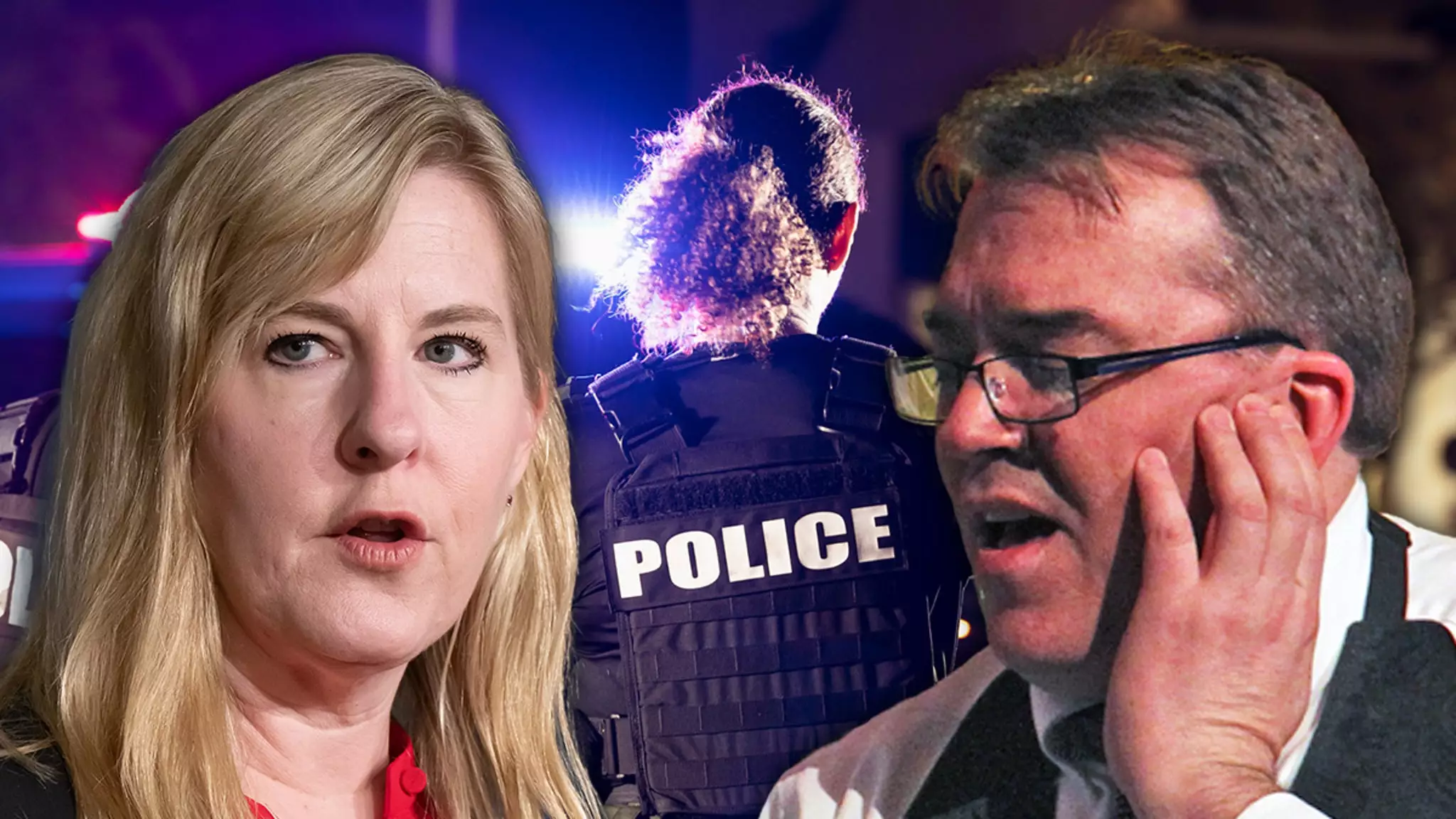The tragic shooting of Minnesota’s Democratic State Representative Melissa Hortman and her husband, Mark, throws a harsh spotlight on the perilous intersection of political discourse and violent extremism. Reports indicate that the prime suspect was not merely targeting the Hortmans. Instead, a manifesto found in his vehicle unveiled a disturbing plan to target numerous lawmakers — a chilling reminder of how political figures can become symbols of divisive ideologies to deranged individuals. This case urges us to confront the reality that political violence is not an abstract notion but an ongoing threat that requires urgent attention.
The Culture of Fear
In the wake of this violent episode, the atmosphere surrounding public service has morphed into one of palpable fear and uncertainty. With the revelation that the suspect had intentions to engage in broader violence—evidenced by flyers related to “No Kings” demonstrations—one can only predict the implications for elected officials who must now grapple with the safety of their lives while striving to foster civic engagement. Declaring public assemblies as unsafe reflects a grim change in how citizens view their right to gather and express their views. The right to advocate for change should not culminate in a climate of terror, yet here we are, teetering on the edge of fear.
A Call to Action
Following the tragedy, Minnesota Governor Tim Walz emphasized the importance of denouncing all forms of violence, a sentiment echoed by countless officials across the political spectrum. Such declarations may seem insufficient when the roots of violence are entangled within heated political rhetoric and the societal discontent that often accompanies it. Simply appealing for civility will not suffice; governmental bodies and civil society must engage in concerted action. This includes creating robust support systems for officials facing threats and transforming political culture to pivot away from confrontation towards constructive dialogues.
The Broader Implications
Beyond Minnesota, this incident serves as a grim reminder of how divisive politics can have deadly ramifications. With the recent surge of violence against political figures in various regions, a pattern emerges that cannot be ignored. Citizens must be vigilant and demand accountability from leaders who perpetuate hostile rhetoric, while media platforms must consider their roles in framing narratives that can incite violence rather than discourse. The onus should not solely fall on law enforcement agencies to protect representatives; it must involve all of society coming together to dismantle the tapestry of hatred that allows such tragedies to occur.
Unity Over Division
In moments of crisis, communities often find resilience and strength through unity. This tragic event should galvanize constituents across political lines to engage in meaningful conversations about safety, respect, and values at odds in today’s climate. As investigations unfold and public fear fades, the opportunity arises to reshape our political landscape to safeguard against such dark threats. It is vital to reject the narratives of division, to acknowledge the significant responsibilities resting on public officials, and to support them not only through words but through actionable solidarity.
Ultimately, the repercussions of this heinous act could ripple throughout our democracy. It’s time to elevate discussions that matter, address the roots of violence, and remember that together, we can choose a path that honors the principles of dialogue and respect over aggression and fear.

